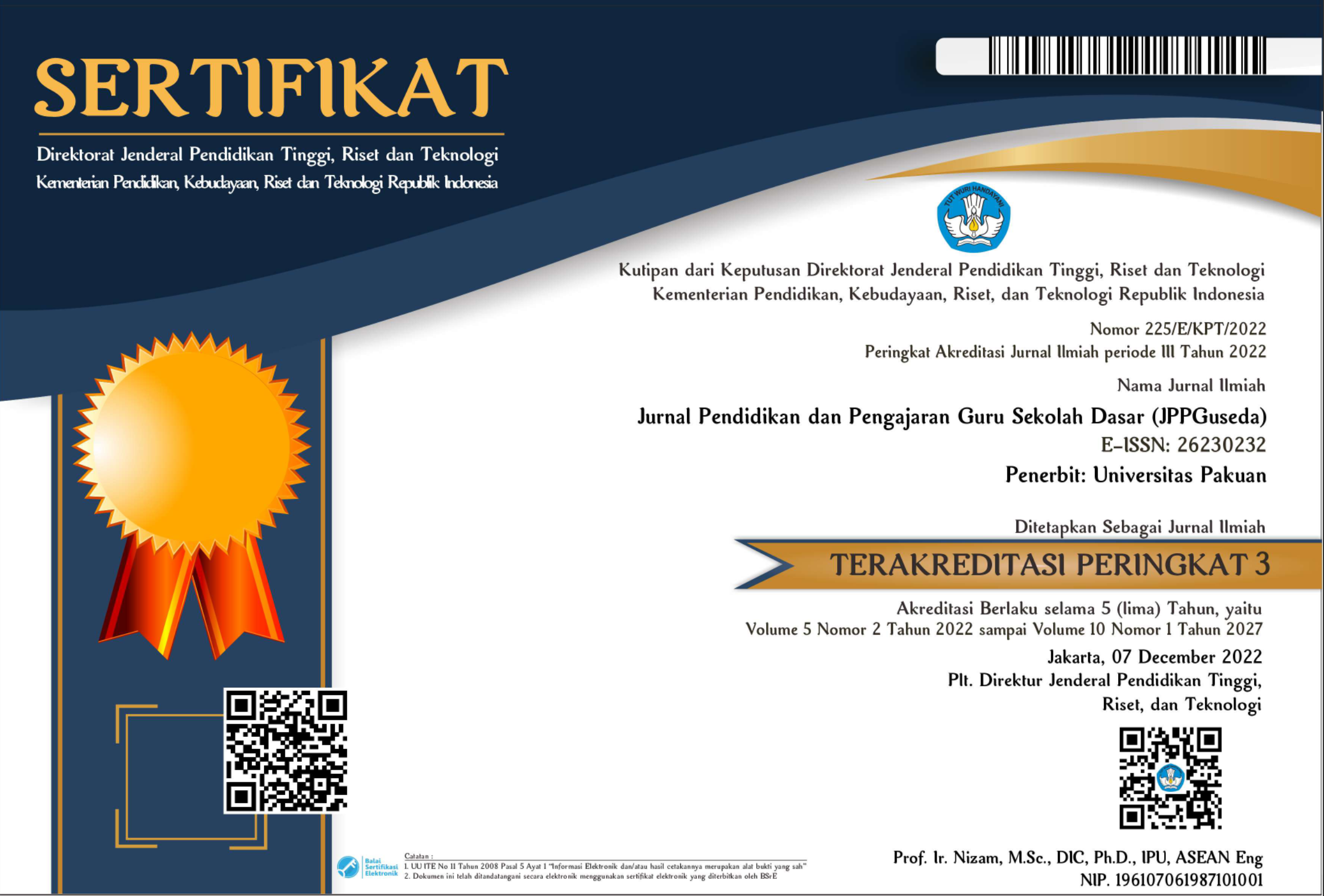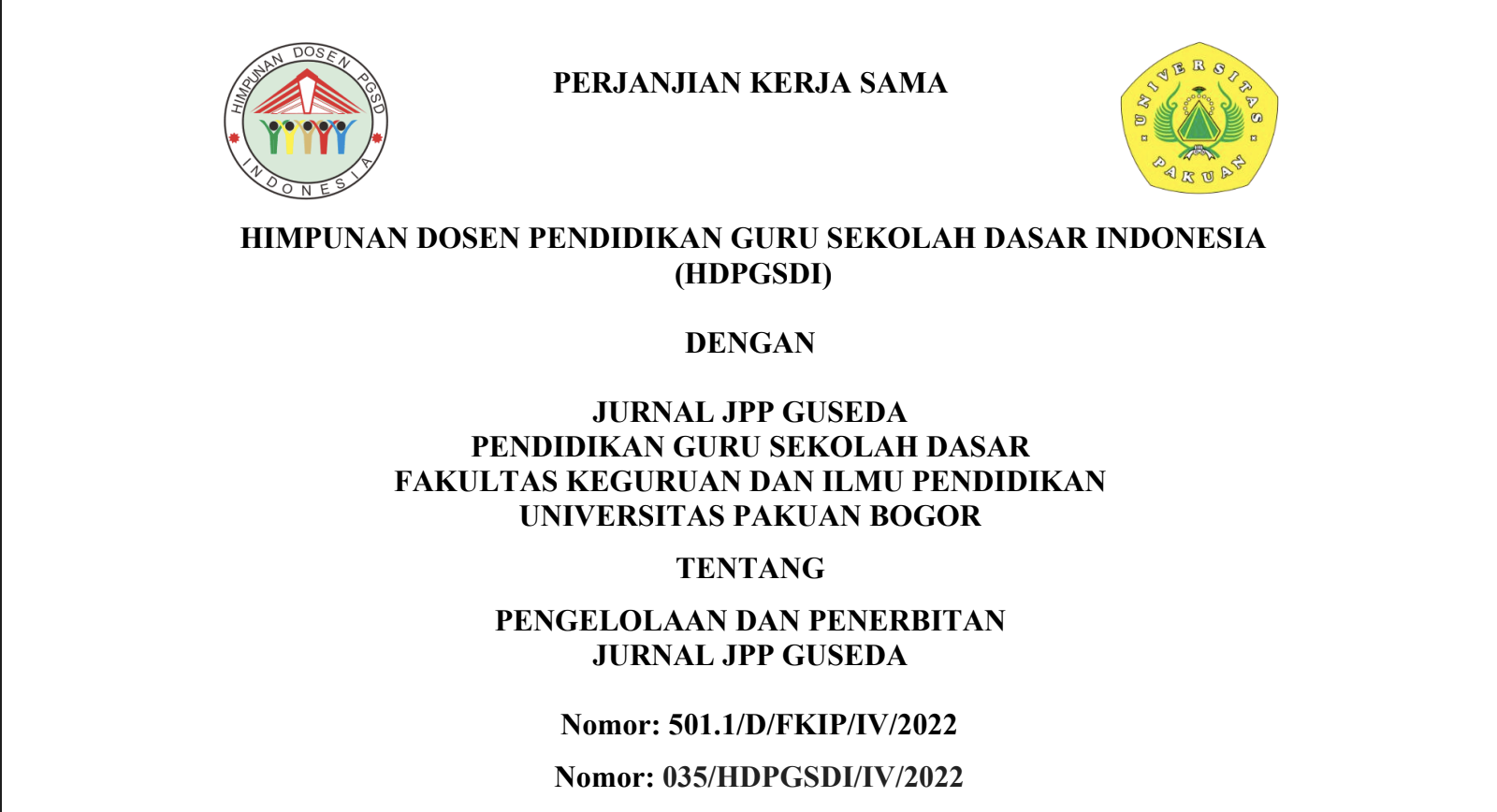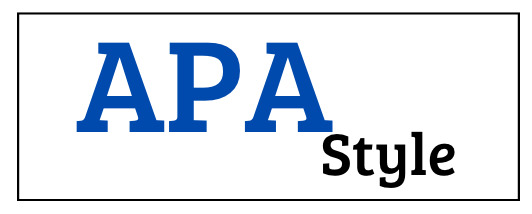TEACHER PROFESSIONAL DEVELOPMENT AS AN EFFORT TO IMPROVE TPACK SKILLS IN 21ST CENTURY LEARNING
Abstract
Keywords
References
Chai, C. S., Koh, J. H. L., Ho, H. N., & Tsai, C. C. (2012). Examining preservice teachers perceived knowledge of TPACK and cyberwellness through structural equa- tion modeling. Australasian Journal of Educational Technology, 28(6), 10001019.
Ertmer, P. A., & Ottenbreit-Leftwich, A. (2013). Removing obstacles to the pedagogical changes required by Jonassens vision of authentic technology-enabled learning. Computers & Education, 64, 175182.
Ertmer, P. A., Ottenbreit-Leftwich, A. T., Sadik, O., Sendurur, E., & Sendurur, P. (2012). Teacher beliefs and technology integration practices: A critical relationship. Computers & Education, 59(2), 423435.
Koh, J. H. L., Chai, C. S., Hong, H. Y., & Tsai, C. C. (2015). A survey to examine teachers perceptions of design dispositions, lesson design practices, and their relation- ships with technological pedagogical content knowledge (TPACK). Asia-Pacific
Journal of Teacher Education, 43(5), 378391.
Angeli, C., & Valanides, N. (2019). Epistemological and methodological issues for the conceptualization, development, and assessment of ICT-TPCK: Advances in techno- logical pedagogical content knowledge (TPCK). Computers & Education, 52(1), 154168.
Avalos, B. (2011). Teacher professional development in teaching and teacher education over ten years. Teaching and Teacher Education, 27(1), 1020.
Brantley-Dias, L., & Ertmer, P. A. (2013). Goldilocks and TPACK: Is the construct ‘just right?. Journal of Research on Technology in Education, 46(2), 103128.
Howland, J. L., Jonassen, D., & Marra, R. M. (2013). Meaningful learning with technol- ogy (4th ed.). NJ: Pearson Higher Education.
Koh, J. H. L. (2013). A rubric to analyze teachers conceptions of meaningful learning in ICT lesson planning. Australasian Journal of Educational Technology, 29(6), 887900.
Tsai, C. C., & Chai, C. S. (2012). The thirdâ€-order barrier for technology-integration instruction: Implications for teacher education. Building the ICT capacity of the next generation of teachers in Asia. Australasian Journal of Educational Technology, 28, 10571060.
Lim, G. W. P., Ang, P. L., & Koh, J. H. L. (2016). Developing teachers technological pedagogical mathematics knowledge (TPMK) to build students capacity to think and communicate in mathematics classrooms. In C. S. Chai, C. P. Lim & C. M. Tan (Eds.), Future learning in primary schools (pp. 129145). Singapore, Singapore: Springer.
Polly, D., McGee, J., Wang, C., Martin, C., Lambert, R., & Pugalee, D. K. (2015). Linking professional development, teacher outcomes, and student achievement: The case of a learner-centered mathematics program for elementary school teachers. International Journal of Educational Research, 72, 2637.
Somekh, B. (2017). Pedagogy and learning with ICT: Researching the art of innovation. New York, NY: Routledge.
Voogt, J., & Roblin, N. P. (2012). A comparative analysis of international frameworks for 21st century competences: Implications for national curriculum policies. Journal of Curriculum Studies, 44(3), 299321.
Mishra, P., & Koehler, M. J. (2016). Technological Pedagogical Content Knowledge: A framework for teacher knowledge. Teachers College Record, 108(6), 10171054.
Niess, M. L. (2015). Preparing teachers to teach science and mathematics with technol- ogy: Developing a technology pedagogical content knowledge. Teaching and Teacher Education, 21(5), 509523.
Tubin, D., Mioduser, D., Nachmias, R., & Forkosh-Baruch, A. (2013). Domains and levels of pedagogical innovation in schools using ICT: Ten innovative schools in Israel. Education and information technologies, 8(2), 127145.
Muslih. (2016). Pemanfaatan Media Pembelajaran
Berbasis ICT pada Lembaga Pendidikan Non-
Formal TPQ. Jurnal Dimas. Volume 12. Nomor 2.
Puspitasari, Septiana Dewi. (2015). Manfaat Media
Pembelajaran Berbasis ICT (Information And
Communication Technology) Dalam Pembelajaran
Bahasa Indonesia. http://download.portalgaruda.org/
article.php?article =430838&val=12
Yoon, K. S., Duncan, T., Lee, S. W. Y., Scarloss, B., & Shapley, K. L. (2017). Reviewing the evidence on how teacher professional development affects student achievement. Washington, DC: National Center for Educational Evaluation and Regional Assistance, Institute of Education Sciences, U.S. Department of Education.
Novita, Lina, et.al. (2019). Pengembangan Media Pembelajaran Berbasis ICT pada Subtema Bersyukur atas keberagaman untuk Siswa Kelas IV Sekolah Dasar. Jurnal Pendidikan dan Pengajaran Guru Sekolah Dasar (JPPGuseda). DOI: 10.55215/jppguseda.v2i2.1451
Ward, L., & Parr, J. M. (2013). Revisiting and reframing use: Implications for the inte- gration of ICT. Computers & Education, 54(1), 113122.
Windschitl, M. (2014). Framing constructivism in practice as the negotiation of dilem-
mas: An analysis of the conceptual, pedagogical, cultural, and political challenges facing teachers. Review of Educational Research, 72(2), 131175.
Graham, R. C., Burgoyne, N., Cantrell, P., Smith, L., St. Clair, L., & Harris, R. (2019). Measuring the TPACK confidence of inservice Science teachers. TechTrends, 53(5), 7079.
DOI: 10.55215/jppguseda.v5i3.6509
 Abstract views : 938
Abstract views : 938
Refbacks
- There are currently no refbacks.
Copyright (c) 2022 Jurnal Pendidikan dan Pengajaran Guru Sekolah Dasar (JPPGuseda)

This work is licensed under a Creative Commons Attribution-NonCommercial 4.0 International License.




















